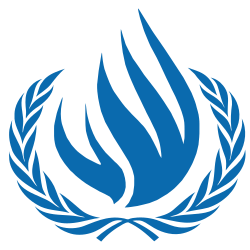It is easy to be overwhelmed by the negatives. We cannot deny economic realities, uncertainties, wrongdoings and sufferings. Yet, there is always the silver lining of hope, achievement and the triumph of human spirit. And it all starts with a positive energy and wishes for the future from each of us. Because Sun glows for a day, Candle for an hour, Matchstick for a minute. But a wish can glow days forever. So here is Tabrez Ahmad on behalf of all the authors Wishes the Blog Readers a Very happy and prosperous New Year. Due to the kind of faith and confidence shown by various readers to us within a short time almost all the blogs and specially Technolexindia, IPlex, and Conferencelex have got lot of name and fame not only in India but also in different parts of the world. There are around one thousand and five hundred e-mail subscribers of our various blogs. Hope the same kind of cooperation, comment and suggestion will be provided to us and that will further help to upgrade the standard of blog postings.
My wishes for your glowing life in NEW YEAR, 2011.
Oh my Dear, Forget ur Fear,
Let all ur Dreams be Clear,
Never put Tear, Please Hear,
I want to tell some thing in ur Ear
I pray! This New Year may bring to you.
The joy that never sees the eclipse,
The hope which never meets the despair,
The mind that fastens human bonds,
The heart which bleeds for the love of man,
The soul that buries all its ills,
The world which aspires for the lasting peace,
The passion that even the angels envy,
The humility which placates the Divine Wrath,
This is beginning of a new year!
Like birds, let us, leave behind what we don't need to carry…
GRUDGES, SADNESS, PAIN, FEAR and REGRETS
Life is beautiful, Enjoy it.
Thanks all of you once again for all cooperation and encouragement shown to us in the last one year.
Bye. Take care.
--
Dr.Tabrez Ahmad,
Associate Professor of Law, KIIT Law School,
Campus-16,KIIT University, PATIA, Bhubaneswar, Odisha, India, 751024.
Website: www.site.technolexindia.com
Blog: http://tabrezahmad.technolexindia.com http://iplexindia.blogspot.com
Profile: http://www.google.com/profiles/tabrezahmad7.
Blogs: http://www.blogger.com/profile/15337756250055596327
Blog: http://drtabrez.wordpress.com http://tabrezahmad.typepad.com/blog/
Research Papers: http://ssrn.com/author=1189281













